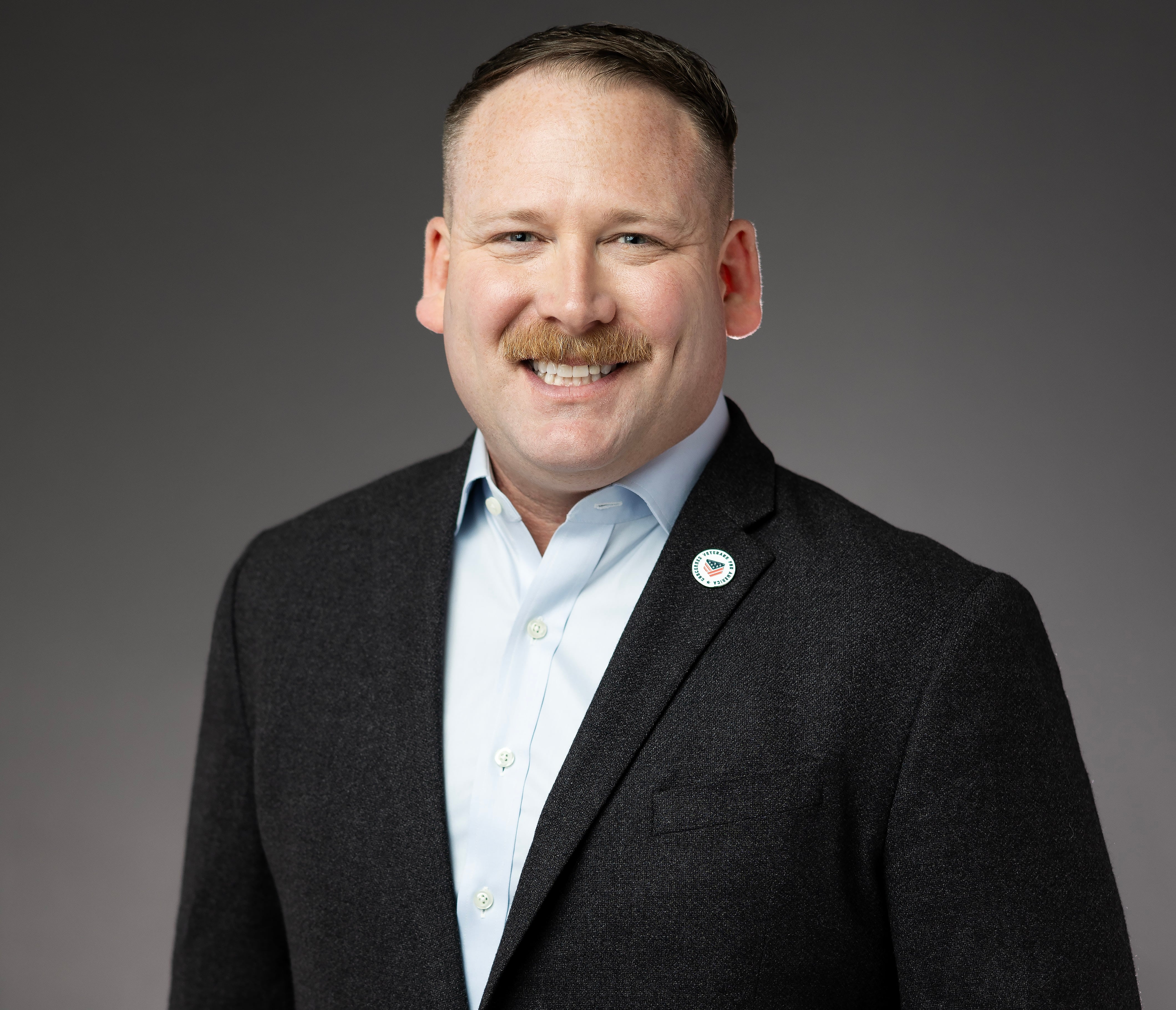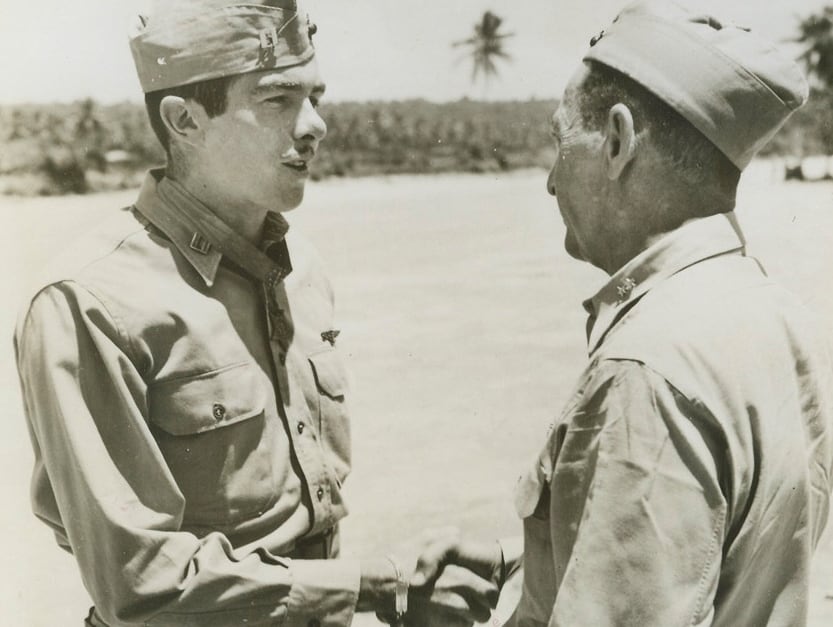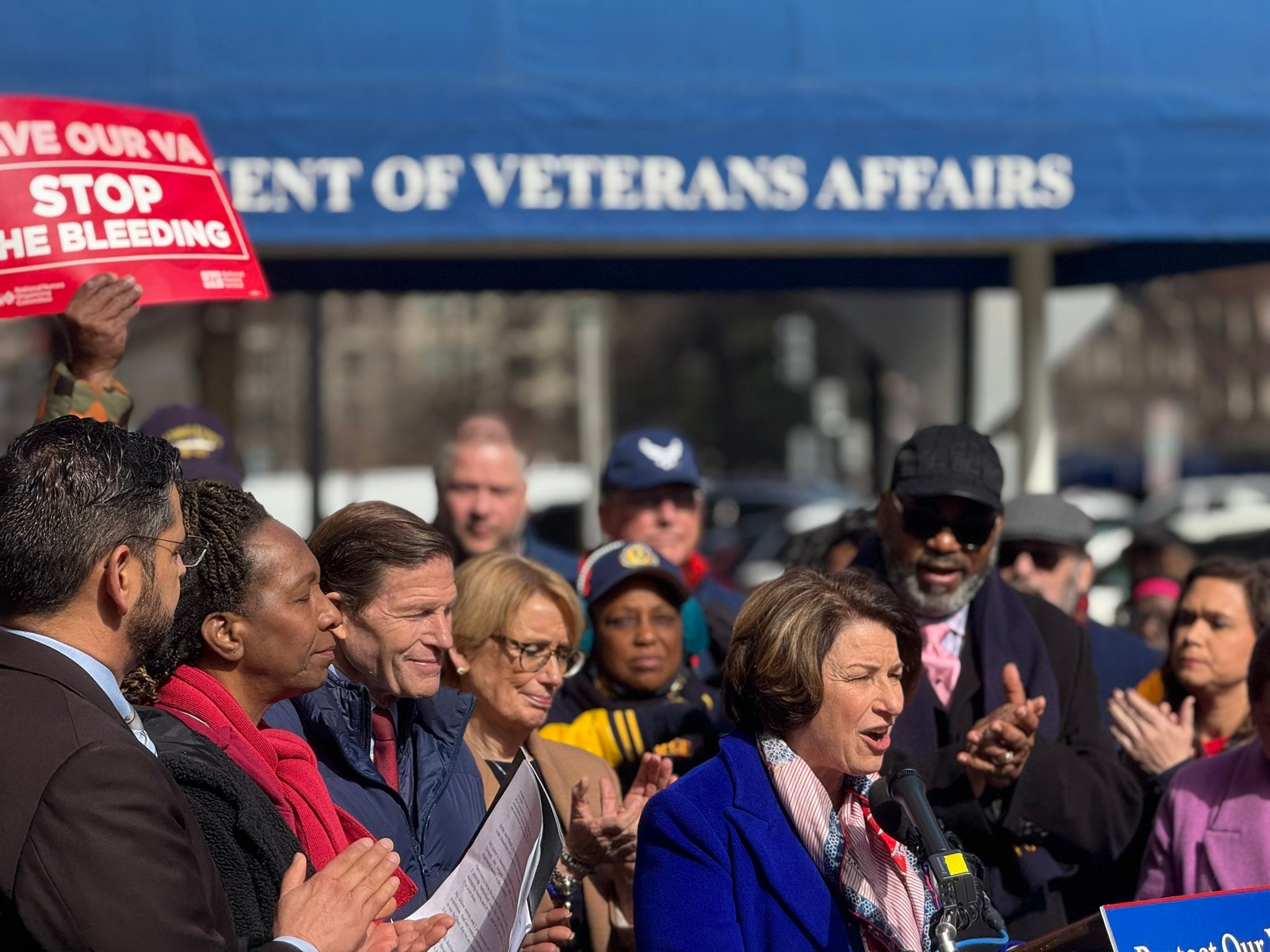Three months into a deployment in June 2012, Army Sgt. Kevin Jaye was on foot patrol in Afghanistan when he triggered the pressure plate of an improvised explosive device. The blast tore off his right leg and caused significant damage to his left leg and lower torso.
Jaye spent two years at Walter Reed National Military Medical Center, enduring more than 30 surgeries and countless physical therapy sessions. Now medically retired from the military, he continues to need health services from the Veterans Affairs Department.
Nearly all Jaye's combat-related conditions are covered by VA, except for one: Infertility.
The explosion "destroyed my reproductive system," according to Jaye, leaving him with low testosterone and a negligible sperm count that makes it impossible for Jaye to father children without medical assistance.
The VA provides assessments and some treatment, such as surgeries and medications, to increase a veteran's odds of creating a baby, but it does not provide in vitro fertilization and other advanced reproductive treatments for the 1,800 to 2,000 injured post-9/11 troops who need help to start a family.
Jaye and his wife, Lauren, were able to access fertility treatments through Lauren's employer-provided health insurance.
But without a change to the 1992 law that prohibits VA from covering in vitro fertilization, their baby girl, due in August, likely will be their only child, since the couple has maxed out their $30,000 insurance cap on fertility treatments.
"We have fought so hard to have a child. … VA covers everything else, why not this? It's heartbreaking," Kevin Jaye said during a visit to Congress to press for the law to be overturned.
Sen. Patty Murray, D-Wash., has tried for more than five years to pass legislation requiring the VA to cover in vitro fertilization and other specialty fertility services.
She recently sponsored an amendment to the Senate military construction and Veterans Affairs appropriations bill that would allocate $88 million to the VA to cover fertility treatments and counseling for these wounded veterans and their spouses.
According to Murray, paralyzed veterans, those with groin injuries, and former service members who have suffered head trauma that affects their hormones have a right to start a family and shouldn't be forced to pay out of pocket.
"This is just so wrong to me. … People in America need to stand up and say this is a wound of war and this country needs to pay for it," Murray said.
Earlier this year, the Pentagon announced it would create a pilot program that will cover the cost of freezing the sperm or eggs of active-duty troops to provide more family planning options and preserve a service member's fertility prior to deployment.
The Defense Department also covers in vitro fertilization and other fertility services for severely wounded troops while they are on active duty.
But once they medically retire, the coverage stops.
And, according to these troops, the recovery period before they leave active duty is the worst time to think about having babies.
"We were in the process of saving his leg. What a terrible time, as responsible people, to start a family," Lauren Jaye said. "We wanted to get him healed and then think about it."
"We had a lot to get through," said Tracy Keil, wife of retired Army Staff Sgt. Matt Keil, who was paralyzed by a sniper's bullet in Iraq. "We were adjusting to the wheelchair, we both lost our jobs. Matt lost his whole career — he need time figure out what he wanted to do when he grew up. It wasn't a good time to think about children."
The Keils did not take DoD up on the offer and paid $32,000 of their savings for treatment. Their twins are now 5 years old.
"I felt betrayed, forgotten. I don't want other veterans to have to go through the heartache I went through. Why should any of us have to beg for something like this?" Matt Keil said.
Murray has made several attempts to get legislation passed to expand coverage for veterans. A bill proposed last year was pulled before a committee vote when Sen. Thom Tillis, R-N.C., added amendments that questioned the funding of the initiative and prohibited the VA from working with Planned Parenthood and other organizations that provide abortion services in addition to fertility treatments.
A 2012 bill was approved by the Senate but failed in the house over funding concerns.
Murray said Tuesday she believes her most recent proposal has the support of lawmakers from both sides of the aisle and funding shouldn't be an issue.
"I want to make sure that nothing happens in the middle of the night that takes it out of the bill. People say they object to it because of its cost. But this is a cost of war," she said.
During a hearing last year, an assistant VA deputy undersecretary told the Senate Veterans' Affairs Committee that the department largely supports Murray's proposals, provided that money was available for the services.
"VA supports doing all we can to restore to the greatest extent possible a veteran's quality of life, including the ability to have a family," Dr. Rajiv Jain said.
Still, the legislation faces an uphill battle.
On Wednesday, Democrats on the House Veterans' Affairs Committee proposed amendments similar to Murray's proposal.
But the panel instead advanced legislation that would give $20,000 in new compensation payouts to veterans who suffered injuries to reproductive organs, with the goal of using the money to cover ensuing family planning costs.
Republican supporters said the money could go toward adoption costs, fertility treatments or family expenses of the veterans' choosing.
Rep. Dina Titus, D-Nev., however, noted that $20,000 may not be enough to cover even one full cycle of IVF treatments.
"We should do the right thing and fulfill our promises to take care of these veterans," she said.
Crystal Black and retired Army Cpl. Tyler Wilson have spent $14,000 of their own money to have a baby. They are just in the early stages and hope that Crystal will be pregnant in the next few months.
Wilson, paralyzed from the waist down by enemy gunfire, said in vitro fertilization is the only way they will have a complete family. But after this try, they won't be able to afford future attempts.
"The VA covers every other medical need he has, his medications, his wheelchair. But the VA is denying Tyler and every other service member in our situation, the right to have a family, the right that these men served for and already have given so much for," Black said.
Congressional reporter Leo Shane III contributed to this report.
Patricia Kime covers military and veterans health care and medicine for Military Times. She can be reached at pkime@militarytimes.com.
Patricia Kime is a senior writer covering military and veterans health care, medicine and personnel issues.





